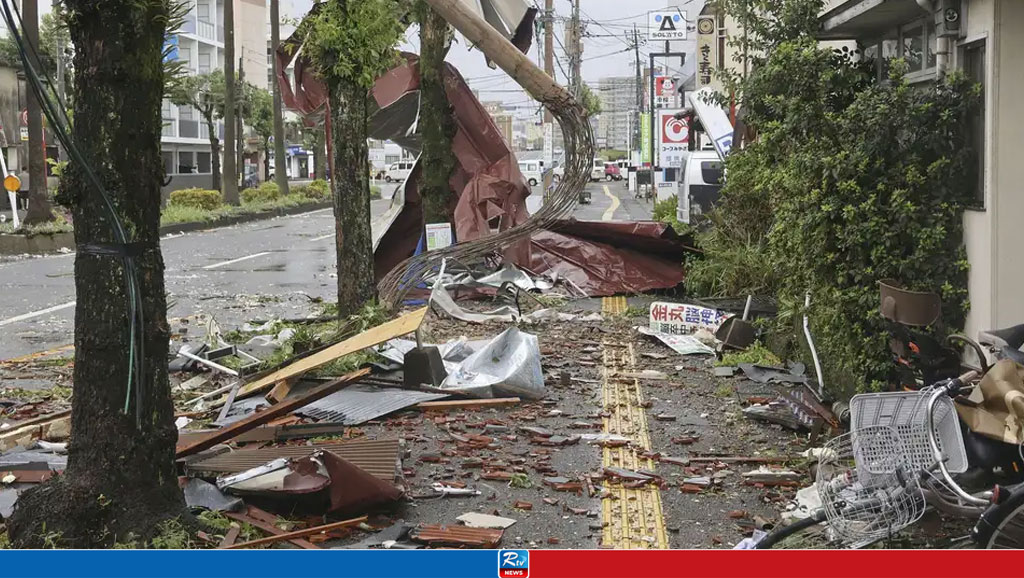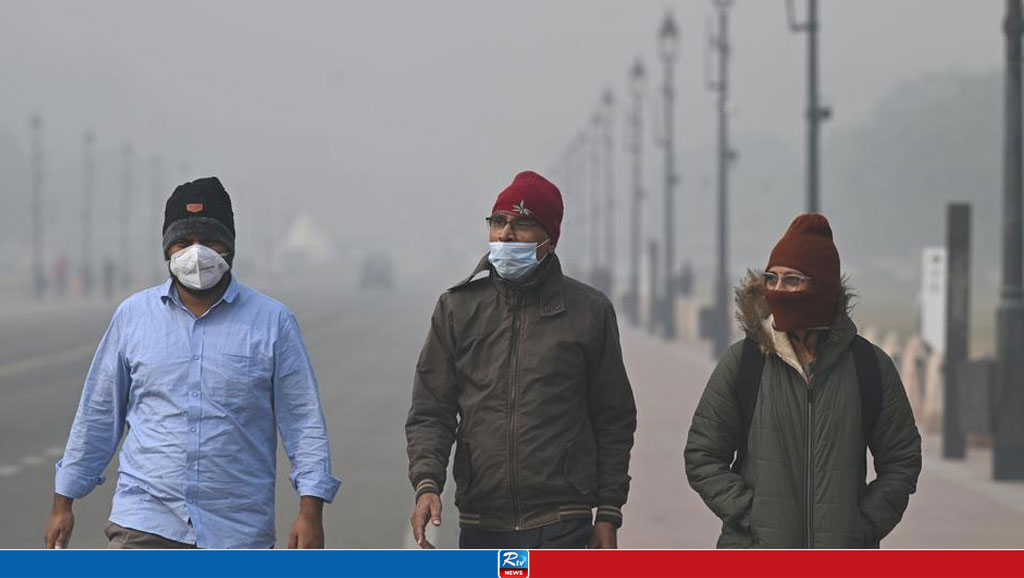Japan: Typhoon Shanshan brings heavy rains, halts transport

Typhoon Shanshan continued its journey after making landfall in Kyushu. The intensity decreased on the second day, but rains and winds still continued.
Typhoon Shanshan continued its slow journey across Japan on Friday, causing torrential rains and disrupting transport.
Typhoon Shanshan made landfall on the island of Kyushu on Thursday. It had weakened by Friday morning, but winds of up to 126 km (78 miles) per hour were still blowing.
The typhoon was near the coastal city of Kunisaki in Oita Prefecture at 8:45 a.m. (2345 GMT) and moving northeast, said authorities.
Heavy rains preceding the typhoon had killed a family of three on Tuesday, and two more were reported dead yesterday. Dozens have been injured, especially as the strong winds and rain shattered glass windows and ripped off roof tiles.
Which areas have been affected
More than four million people had been advised to evacuate, and authorities issued the highest alerts in some areas.
However, only some 30,000 had been evacuated as of Thursday, mainly in Kyushu, disaster management minister Yoshifumi Matsumura said.
Around 125,000 households in seven prefectures had no power in Kyushu, according to Kyushu Electric Power Co.
Locals in the town of Ninomiya near Tokyo were asked to move to higher locations as a river flooded.
The Japanese Meteorological Agency said parts of Kyushu saw record rains, including Misato town which saw 791.5 millimeters (31 inches) in 48 hours.
Bullet trains in Kyushu were halted, and the route between Tokyo and Osaka was not running either. Several ferry and rail services were also canceled. Japan Airlines and ANA had already canceled about 600 flights for Friday.
Work remained suspended at factories of automakers Toyota, Nissan, and Honda, as well as chipmakers like Tokyo Electron.
Just earlier this month, Japan had been hit by Typhoon Ampil which disrupted transport and caused injuries and damage.
Japan has been seeing stronger and more intense typhoons, which tend to last longer due to climate change, say scientists.
Comments
Attack on Bangladesh Mission in Agartala: US Calls for Peaceful Resolution

Congo's Disease X: What We Know

Vikram Misri Briefed Indian Parliament Members on His Bangladesh Visit

Afghan Minister Killed in ISIS Suicide Attack

India Doesn't Want China-Pakistan-Like Relations with Bangladesh: S Jaishankar

Switzerland Revokes ‘Most Favored Nation’ Status for India

US Declares India as a 'Non-Cooperative' Country


 Live Tv
Live Tv




